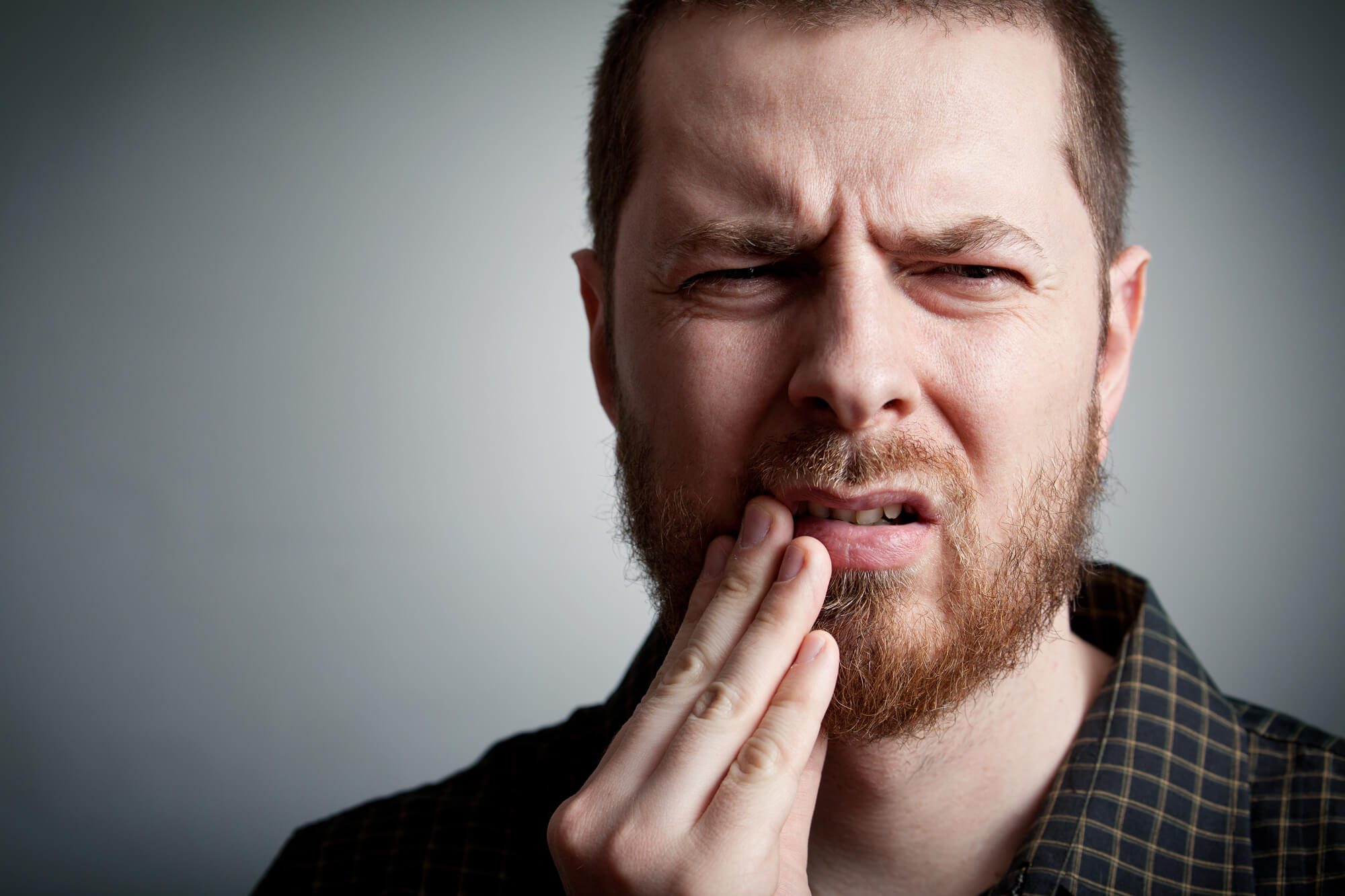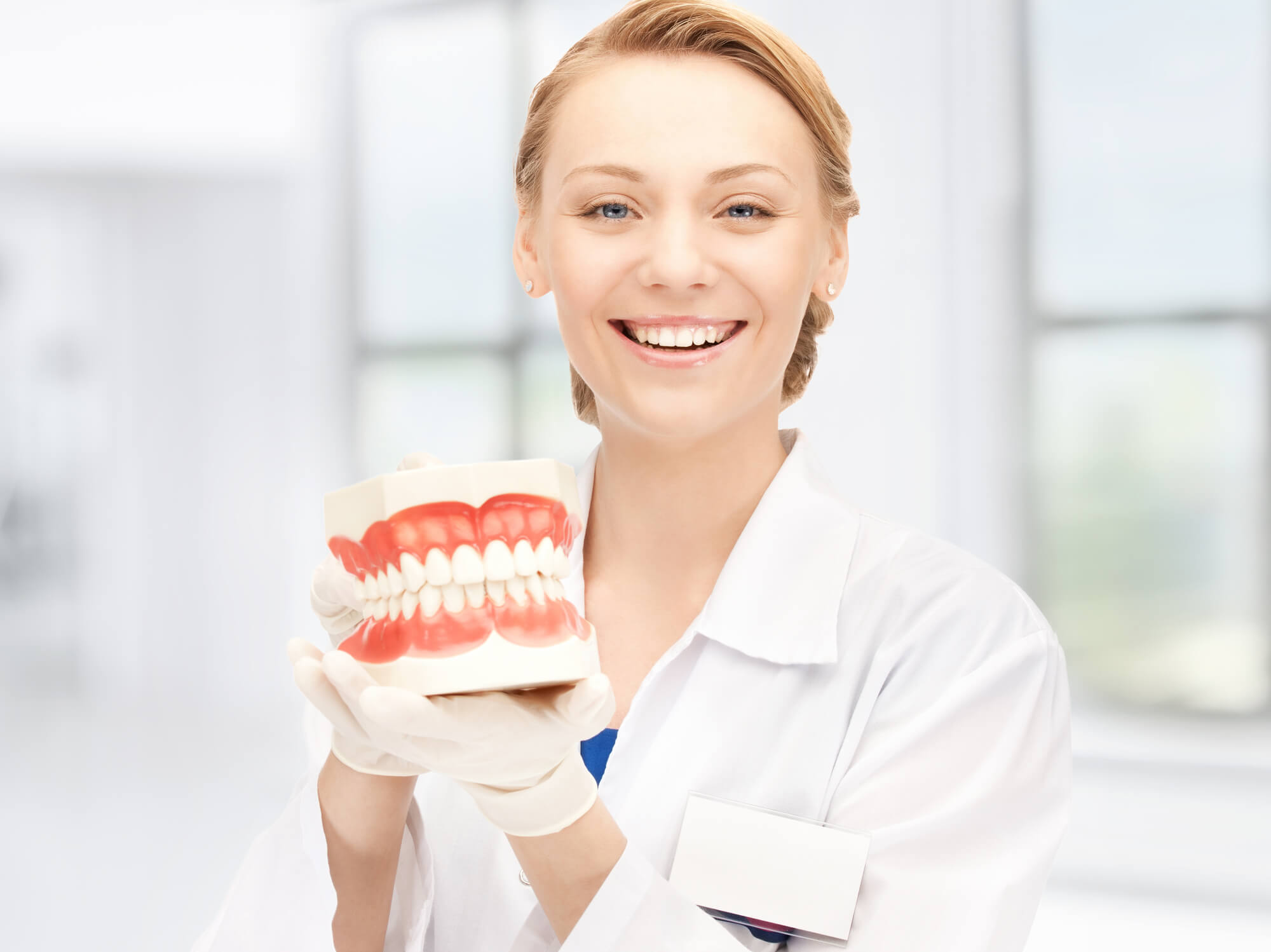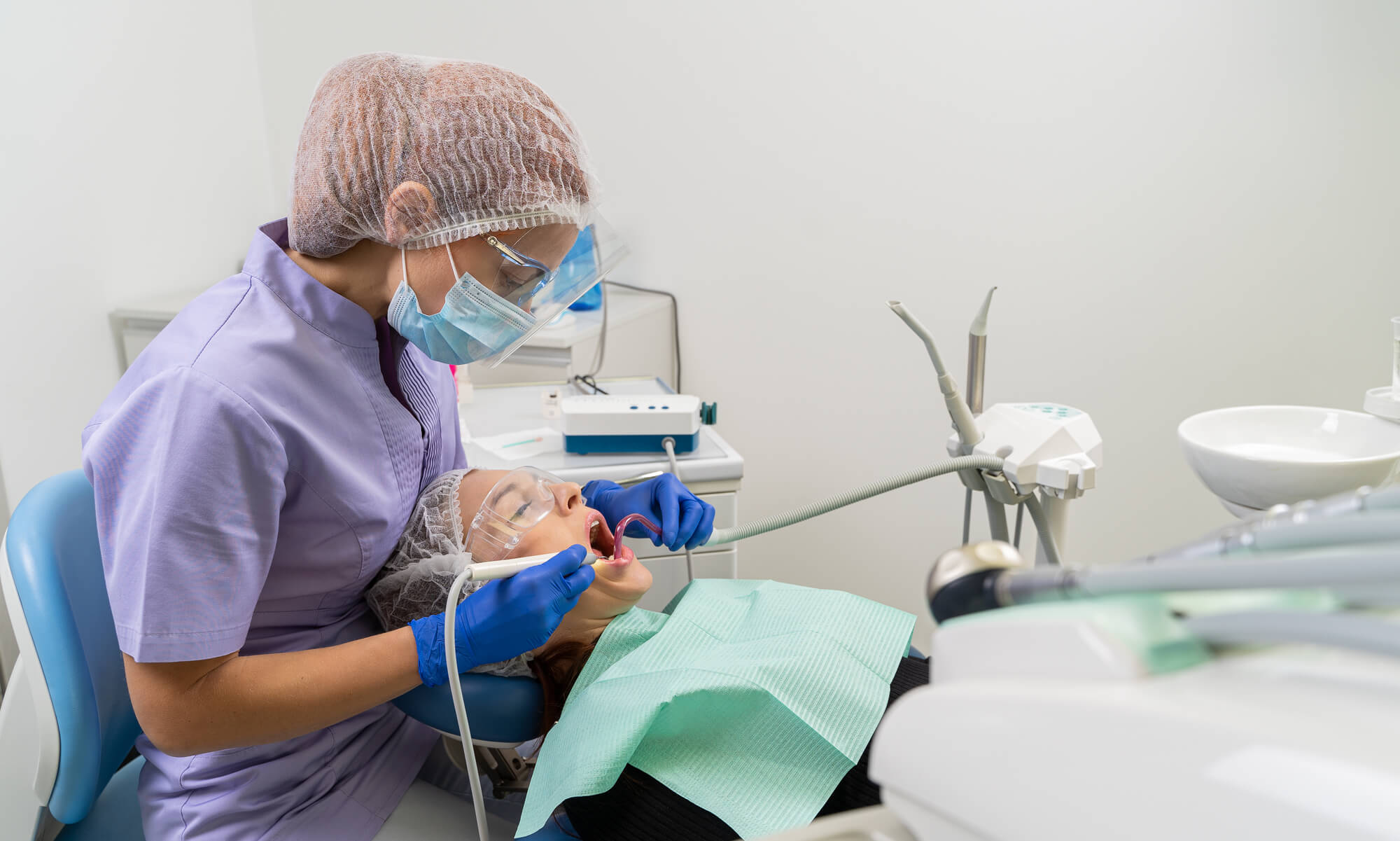Our gums often don’t get as much attention as they should, yet they play a big role in our oral health. Ignoring signs of gum issues can lead to a serious problem known as periodontal disease. In this article, we’ll explore the different stages of this disease, helping you understand the early signs and recognize when it’s becoming a more serious problem. By learning about these stages, you’ll be better prepared to notice the signs and take proper measures through periodontics in Miami for the health of your gums and teeth.

What is Periodontal Disease?
Periodontal disease, commonly known as gum disease, is a serious oral health condition that affects the gums and supporting structures of the teeth. It’s caused by the accumulation of bacteria in the mouth, which forms a sticky film called plaque on the teeth.
If not removed through proper oral hygiene practices, this plaque can harden into tartar and lead to inflammation of the gums, known as gingivitis. If left untreated, gingivitis can progress to periodontitis, where the inflammation spreads to the deeper supporting tissues of the teeth, potentially causing tooth loss.
Stages of Periodontal Disease
Stage 1: Gingivitis
Gingivitis is the first stage of periodontal disease, marked by inflammation of the gums. In this phase, the gums might appear red, swollen, and can easily bleed, especially while brushing or flossing. This inflammation is caused primarily by the buildup of plaque, a soft and sticky film that forms on teeth due to bacterial growth. The symptoms of gingivitis are often subtle and may include mild discomfort.
Risk Factors for Gingivitis
- Smoking
- Diabetes
- Hormonal changes (such as those occurring during pregnancy)
- Certain medications, such as antihypertensive drugs and certain antiepileptic medications
These risk factors should be considered seriously, as they can exacerbate the progression of gingivitis to more advanced forms of periodontal disease.
Recognizing and addressing gingivitis early is crucial. With proper oral care and professional dental cleaning, the inflammation can be reversed. Timely intervention with periodontics in Miami not only prevents the disease from progressing but also safeguards the health of your gums and teeth.
Stage 2: Early Periodontitis
As gingivitis progresses and is left untreated, it can develop into the second stage known as early periodontitis. During this stage, the inflammation extends deeper beneath the gumline, causing more noticeable effects. The key features of early periodontitis include:
- Gum Recession: The gums start to recede or pull away from the teeth, creating gaps known as pockets.
- Increased Sensitivity: Due to exposed tooth roots and receding gums, you might experience heightened sensitivity to hot, cold, sweet, or sour foods.
- Bad Breath: As bacteria multiply in the pockets, they release gases with a foul odor.
- Potential Tooth Mobility: In some cases, teeth might start to feel slightly loose.
The main cause of early periodontitis remains the bacterial infection. The pockets formed by gum recession provide an ideal environment for bacteria to thrive and multiply. These bacteria produce toxins that not only worsen the inflammation but also contribute to the breakdown of the bone and connective tissues that support the teeth.
As with gingivitis, early detection and intervention are crucial in managing early periodontitis. Periodontics in Miami provides professional treatments such as scaling and root planing, which involve deep cleaning of the pockets and tooth roots, can help remove bacteria and tartar buildup.
Stage 3: Moderate Periodontitis
If left unchecked, early periodontitis can advance into the third stage known as moderate periodontitis. At this point, the effects of gum disease become more pronounced and may have a significant impact on your oral health. The characteristics of moderate periodontitis include:
- Deeper Pockets: The pockets formed by gum recession continue to deepen, providing even more space for bacteria to thrive.
- Increased Tooth Sensitivity: As the roots become more exposed and the gums recede further, sensitivity to hot, cold, sweet, or sour stimuli intensifies.
- Bad Breath Persists: The bacterial activity within the deeper pockets can lead to persistent bad breath.
- Tooth Mobility: Teeth may become increasingly mobile, making chewing and daily activities more challenging.
Moderate periodontitis is marked by the ongoing destruction of the bone and connective tissues that support the teeth. The inflammatory response triggered by the bacterial infection becomes more pronounced, and the immune system’s attempts to fight the infection can contribute to the breakdown of these tissues.
To manage moderate periodontitis, more intensive treatments may be necessary. These can include additional scaling and root planing procedures, as well as localized antibiotic treatments to target the deep pockets of infection.
Stage 4: Advanced Periodontitis
As gum disease continues to progress, it can reach its most severe stage, known as advanced periodontitis. This stage represents a significant threat to the health of your teeth and gums. The distinguishing features of advanced periodontitis include:
- Extensive Pocket Formation: The pockets created by gum recession become even deeper, further weakening the support for your teeth.
- Tooth Mobility and Shifting: Teeth may become considerably mobile, affecting your ability to bite and chew properly.
- Abscess Formation: Pus-filled sacs might develop in the areas where the infection is concentrated.
- Noticeable Tooth Loss: At this stage, tooth loss is a real possibility due to the extensive damage to supporting structures.
Advanced periodontitis signifies the culmination of the detrimental effects of gum disease on the bone, connective tissues, and gums. The ongoing inflammation and bacterial activity can cause significant harm to the stability of your teeth.

Risk Factors for Advanced Periodontitis:
- Genetics
- Compromised immune system
- Poorly controlled diabetes
- Smoking
- Chronic stress
- Certain medications
Managing advanced periodontitis may involve more aggressive treatment options through periodontics in Miami. Surgical interventions, such as gum grafts to cover exposed roots and procedures to regenerate lost bone, may be considered. Regular follow-up appointments with your dentist become even more critical at this stage to monitor the condition and ensure appropriate care.
How Do Dentists Diagnose Periodontal Disease?
Detecting and diagnosing periodontal disease involves a combination of visual assessments, measurements, and professional expertise. Dental professionals use various methods used in Periodontics in Miami to evaluate the health of your gums and the extent of gum disease. Here’s how periodontal disease is typically diagnosed:
- Visual Examination: During a dental check-up, your dentist or dental hygienist will visually inspect your gums for signs of inflammation, bleeding, and gum recession. They’ll also check for the presence of plaque and tartar buildup on your teeth.
- Pocket Depth Measurement: A key diagnostic tool is the measurement of pocket depths. Using a tiny ruler called a probe, your dentist or hygienist will gently measure the spaces between your teeth and gums. Deeper pockets can indicate the severity of gum disease, as healthy pockets usually measure about 1 to 3 millimeters in depth.
- X-rays and Radiographs: X-rays provide a comprehensive view of the bone supporting your teeth. These images help dental professionals assess the health of the bone and identify any bone loss that might have occurred due to gum disease.
Early detection and diagnosis of periodontal disease are critical for effective management. Regular dental check-ups allow dental professionals to identify gum disease in its early stages, enabling timely intervention to prevent further progression and maintain your gum health.
Prevention of Periodontal Disease
By adopting proactive preventive measures, you can reduce the risk of developing gum disease and its potential complications. Let’s explore some practical strategies that can help you maintain strong and healthy gums throughout your life.
Maintaining Proper Oral Hygiene
Regular Brushing
Brush your teeth at least twice a day using a fluoride toothpaste. Make sure to brush along the gumline and on the surface of every tooth. Use gentle, circular motions to effectively remove plaque and food particles.
Effective Flossing
Flossing is crucial for cleaning between teeth and beneath the gumline where your toothbrush can’t reach. Use a gentle sawing motion to avoid damaging your gums. If traditional floss is difficult to use, consider using floss picks or water flossers.
Healthy Lifestyle Habits
Say No to Smoking
Smoking is a major risk factor for gum disease. It weakens your immune system and reduces blood flow to the gums, making it easier for bacteria to thrive. Quitting smoking significantly improves your chances of preventing gum disease.
Choose Nutrient-Rich Foods
A balanced diet provides essential nutrients that support gum health. Opt for fruits, vegetables, whole grains, lean proteins, and dairy products. Avoid excessive sugary snacks and beverages, which can contribute to plaque buildup.
Regular Dental Check-ups
Professional Cleanings
Regular dental visits for professional cleanings are essential for maintaining healthy gums. Dental hygienists can remove tartar buildup that brushing and flossing alone can’t eliminate.
Early Detection
Regular check-ups with a skilled dentist who specializes in periodontics in Miami allow for the early identification of gum disease signs. This enables timely intervention before the disease progresses, ensuring optimal oral health.
Individualized Care
Health Conditions Matter
Communicate any health conditions you have to your dentist. Conditions like diabetes, immune system disorders, and hormonal changes can affect your gum health. Your dentist can tailor your care accordingly.
Medications and Oral Health
If you’re taking medications, especially those that can affect your oral health, discuss this with your dentist. Some medications can increase the risk of gum disease, and your dentist can help you manage this risk.

Ready to Protect Your Gums with Periodontics in Miami?
At Dental American Group, we’re dedicated to ensuring your oral health is in its best shape. Don’t wait until gum problems escalate – our expert team is here to help you prevent and manage periodontal disease. Schedule your comprehensive dental check-up now to receive personalized care, professional guidance, and a tailored prevention plan. Contact us!

